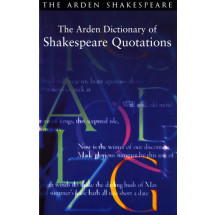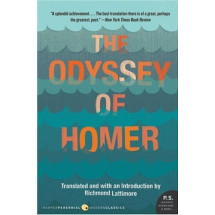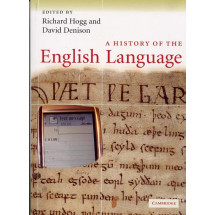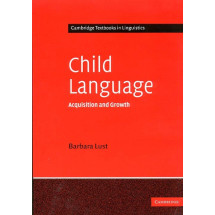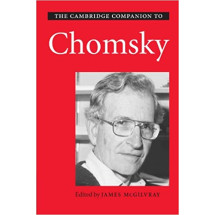Introduction
The Legislator and the Renovator of Radical Ideas
Towards the Impossible Theatre (Conversation, June 1972)
Tadeusz Kantor Cloakroom (Film script, 1973-1974)
Lovelies and Dowdies (Critical Commentary, 1974)
Dead Class, or a New Treatise on Mannequins (Conversation, October 1975)
A Gripping Since: Dead Class
Around the World with Dead Class
Kantor in Opposition to Himself (Conversaation, July 1980)
Between Absolute Form and the Revelation of Feeling: Wielopole, Wielopole
On the State of Things, the Avant-garde, Innovation, Luck, Truth, and Success (Conversation, June 1981)
Cricotage under Villon Banner: Ou Sont les Neiges
The Theatre is Art, First and Foremost (Conversation, November 1983)
Let the Artists Die! (Notes from the year 1985)
I The Master: A Documentary on the Making of Kantor Let the Artists Die! by Krzysztof Miklasewski (1985-1986)
A Sixteen-minute Pre-premiere Ovation
Did I Help or Did I Hinder? (Conversation, July 1986)
Exegi Monumentum, or The Machine of Love and Death (Description in Dialogue form, July 1987)
"Nothing Further? (Notes from conversations, March 1988)
Between Love and Death (Kantor Farewell, 15 December 1990)
Krzysztof Miklaszewski is a major figure in the world of contemporary Polish cultural life and for thirteen years was an actor in Kantor's theatre between 1973 and 1986. As a presenter of arts programmes for Polish television he has directed numerous, significant, documentary films of theatrical and artistic activities. He is currently Artistic Director of the Theatre Rampa in Warsaw.
The translator and editor, George Hyde lived and taught in Poland during and after the communist period. A Senior Research Fellow of the University of East Anglia, he is the author of numerous essays on Polish life and letters, and of several books and essays on Modernist writing. He translates from Polish and Russian, and is currently Professor of English and Comparative Literature at Kyoto Women's University, Japan.



